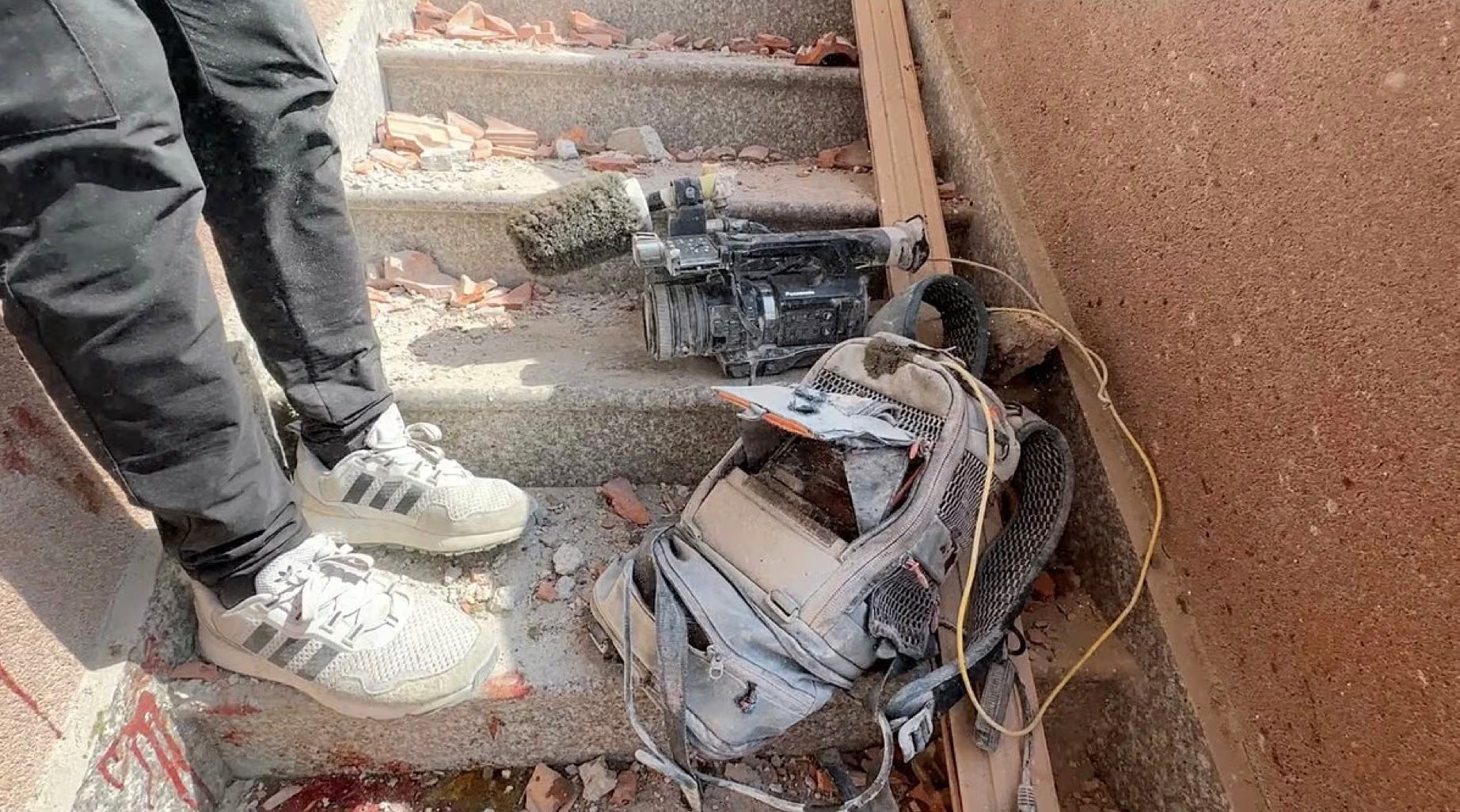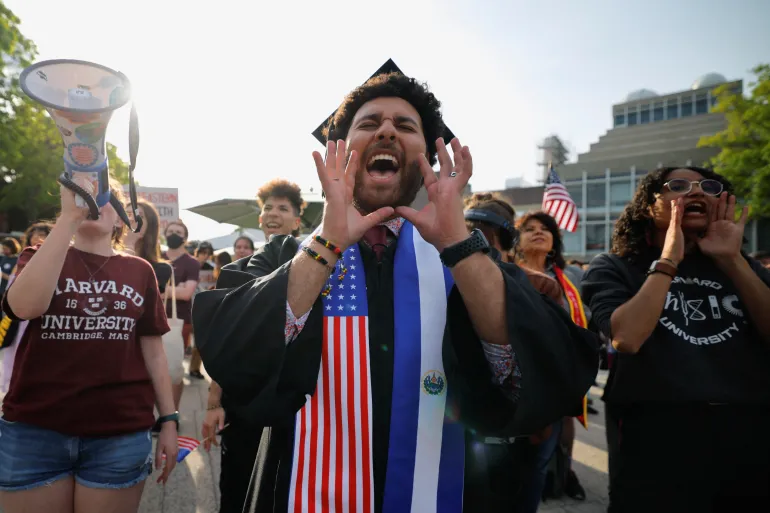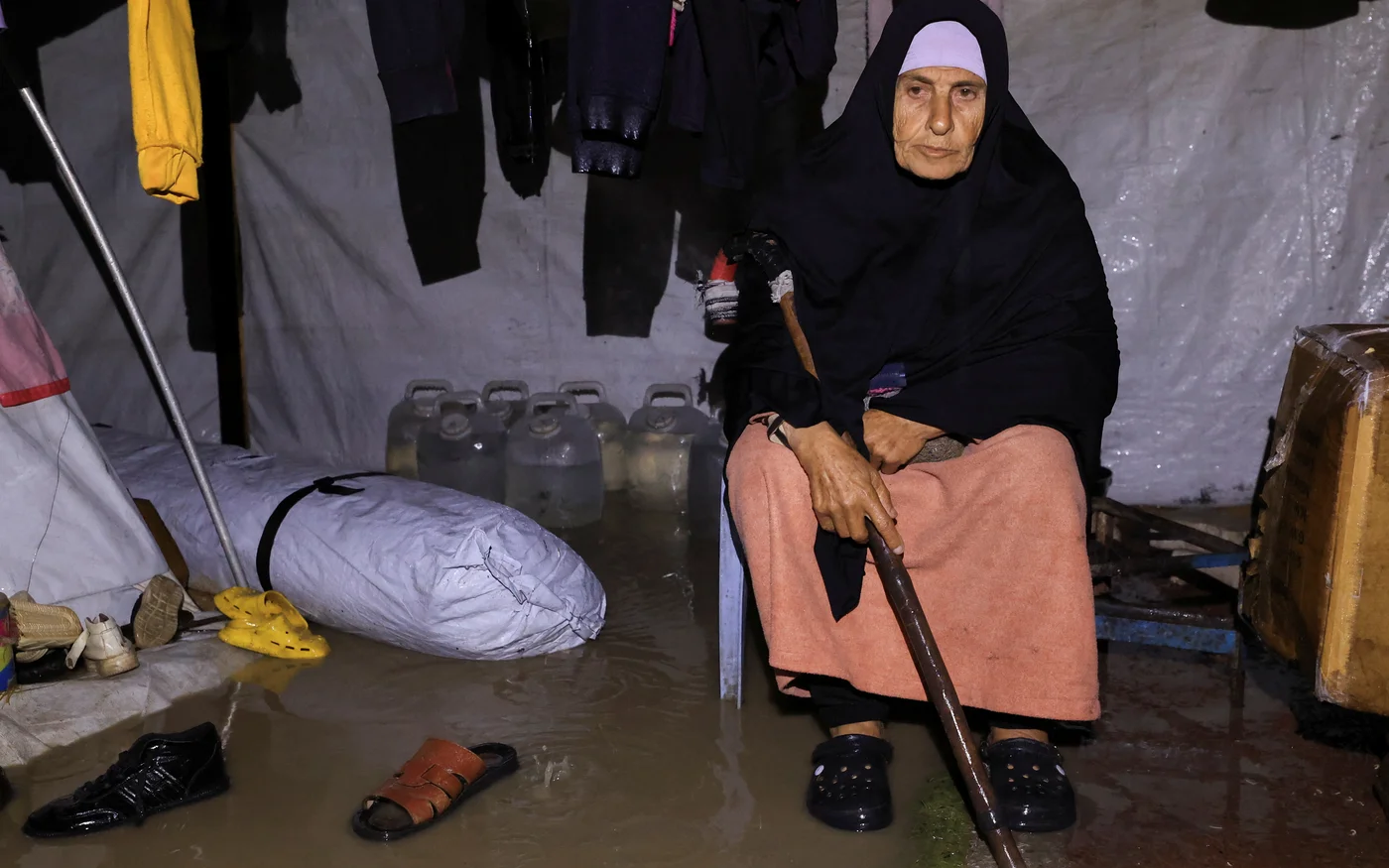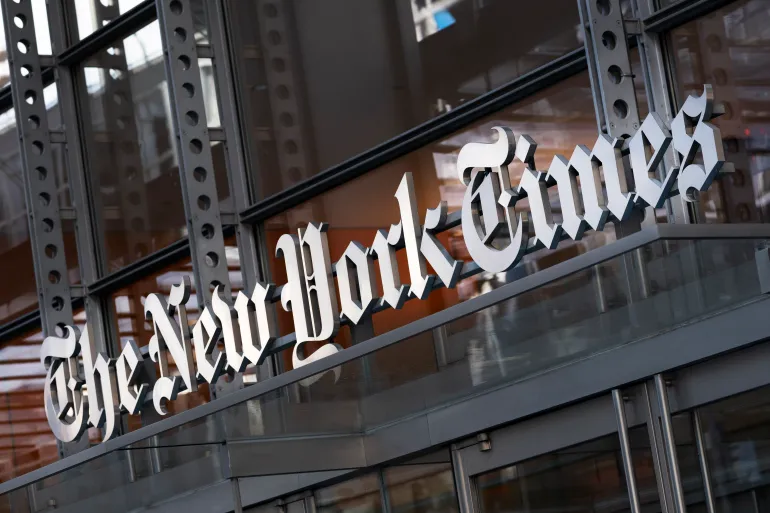
Reuters Halts Sharing Gaza Locations with Israeli Forces Amid Rising Journalist Death Toll
August 28, 2025
Western Media Betrays Gaza: Local Journalists Treated as Disposable
August 28, 2025August 28, 2025 – USA –
The United States Department of Homeland Security has announced a new proposal that would significantly change the way foreign students, exchange visitors, and journalists are granted permission to remain in the country. Under the current system, these visas operate on a “duration of status” model, meaning holders can stay in the U.S. as long as they maintain their programs or assignments. The proposed rule seeks to impose fixed time limits, marking a major policy shift that would bring stricter oversight and greater restrictions.
For students and exchange visitors, the plan would limit visas to a maximum of four years or the official length of their program, whichever is shorter. Once that period ends, applicants would need to seek extensions through U.S. Citizenship and Immigration Services, a process that would subject them to additional checks by Homeland Security. Journalists working in the U.S. under I visas would face even tighter controls. Their initial stay would be capped at 240 days, with the possibility of extending for another 240 days, but never beyond the length of their assignment. Journalists from China would face an even stricter 90-day cap, highlighting the political dimensions of the proposal.
The Department of Homeland Security has defended these measures as necessary to prevent what it calls “visa abuse,” claiming that the existing framework allowed some individuals to remain in the country indefinitely without sufficient scrutiny. By instituting fixed deadlines, officials argue they will be better positioned to monitor compliance and address security concerns more effectively.
However, the proposal has already drawn sharp criticism from academic institutions and press freedom advocates. Universities warn that limiting visas to four years could disrupt the studies of international students, particularly those enrolled in doctoral programs that typically exceed this duration. Media organizations argue that shorter visa lengths will hinder long-term reporting projects and make it harder for foreign correspondents to work freely in the United States.
The initiative revives a similar plan first introduced under the Trump administration in 2020, which was later shelved under President Biden. With the new version now open for public comment, it could be finalized and implemented as early as 2026, raising fresh concerns about America’s openness to both international education and press freedom.
Reference –
https://thehill.com/policy/national-security/5476013-dhs-foreign-journalist-visas/




